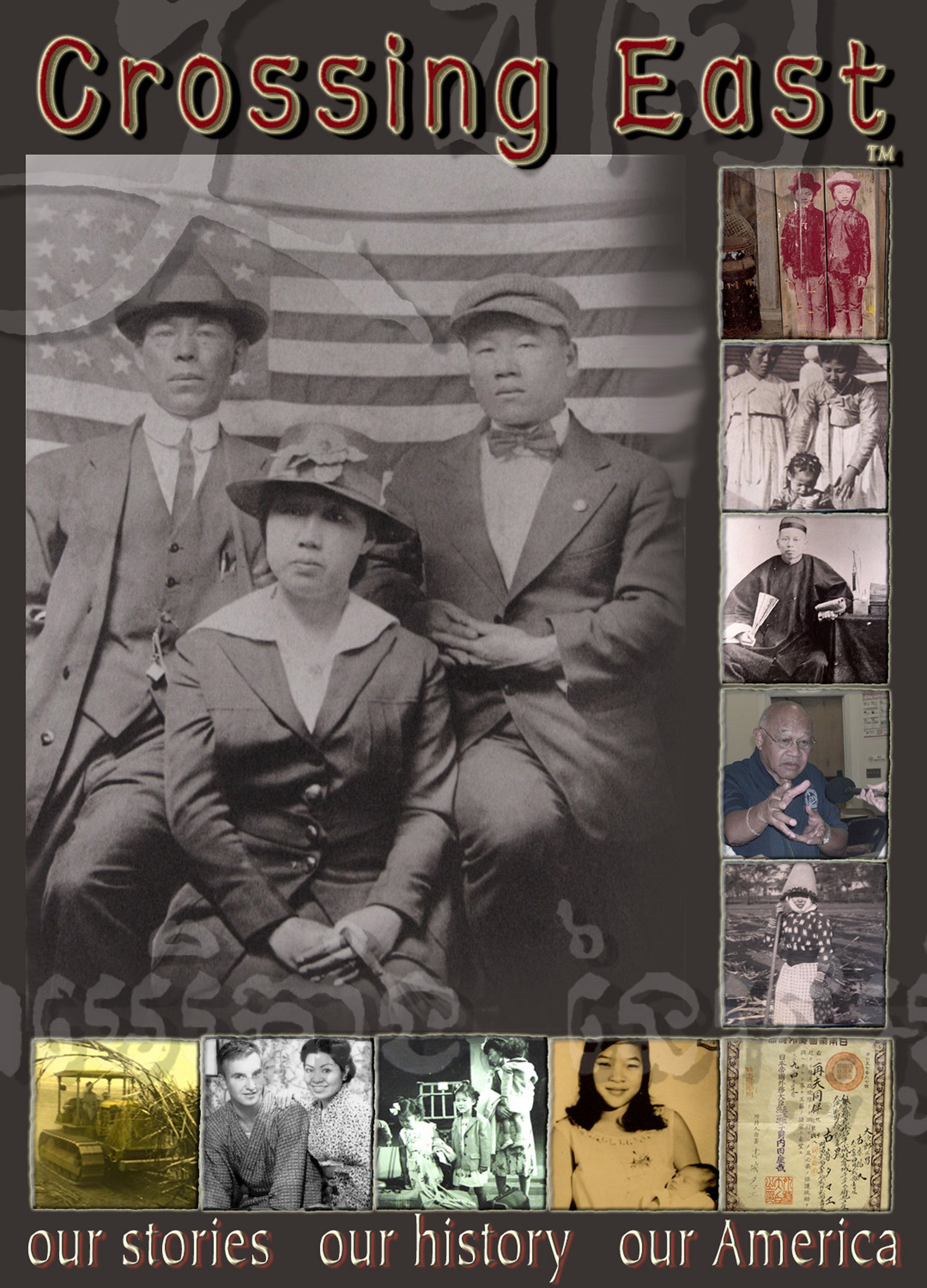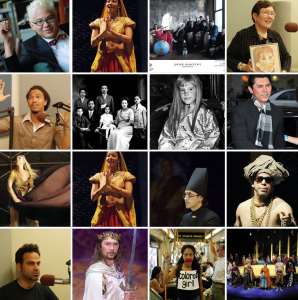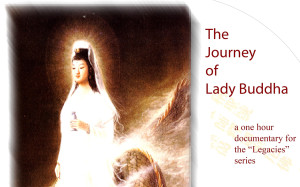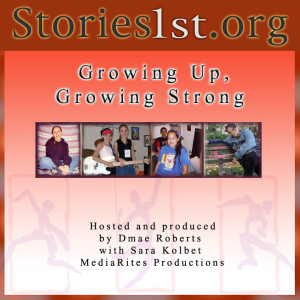Our Stories, Our History, Our America
The first public radio series on Asian American history and winner of the George Foster Peabody Award in 2007. This series aired on 230 public radio stations around the country and was hosted by George Takei and Margaret Cho. To find out more about this series, visit CrossingEast.org.
Produced by Peabody Award-winning producer Dmae Roberts and MediaRites. Crossing East is eight one hour documentaries on the history of Asian American immigration, from pre-America to post-9/11. Because of systematic exclusionary laws, Asians’ immigration has been restricted over the course of America’s history; Asians are now a low four percent of the population in America. Though many are third or fourth generation Americans, Asians are viewed as perpetual foreigners, and their history has largely been untold. Crossing East is the first comprehensive series on radio or television on Asian American history.
For in depth information about each episode, visit the Crossing East Programs page. To order downloads of the entire series visit the download store!To find out how to air Crossing East on your radio station, visit the Crossing East Stations page.
Crossing East concentrates on the many waves of Asian immigration into America and the impact this immigration had on descendants, global ties, and the making of this country. Crossing East relies on scholar and oral history interviews, archival recordings, and professional actors reading historical documents and literature, as well as original music by Asian American musicians around the country.
Besides making the radio documentary, Crossing East producers collaborated with local public radio stations and community groups to bring the documentaries to a wider audience. Crossing East community events included talks by scholars, roundtable discussions, and musical performances to correspond with the airing of the documentaries.
Crossing East serves the need to find a shared history and a starting point for a national discussion for all Americans. The Crossing East website and the documentation, recordings, and photographs collected by the series producers are an archive of the Asian American experience beyond any one individual Asian group.
Above all, Crossing East is about realizing both that we must be open to the histories of the people around us, and that we must share our own histories with our communities. Crossing East is about all of our stories, our history, and our America.
Major funding for Crossing East was provided by The Corporation for Public Broadcasting.
Additional support for Crossing East provided by the following:
The National Endowment for the Arts
The Paul G. Allen Family Foundation
Regional Arts & Culture Council
Oregon Council for the Humanities
Spirit Mountain Community Fund
The Templeton Foundation
The Autzen Foundation
Underwriting support provided by the Portland Classical Chinese Garden.
Praise for Crossing East
These are reviews written by professional radio producers for The Public Radio Exchange, a nonprofit service for distribution, peer review, and licensing of radio pieces.
“Crossing East does for Asian American history what Ken Burns’ PBS series did for the Civil War. The epic scale of the productions may be the same, but the big difference is that these fascinating stories have rarely been told outside their local settings, and I’m sure have never been brought together in this way in any medium before. They touch on every region of the United States, revealing ever more layers of the nation’s complex multi-cultural heritage (to quote one of the many fine experts who participated in the series.) Interviews and readings of texts from the past are mixed with subtle, evocative sounds and music which give the production a cinematic feeling. The imagination fills in the pictures. The script is extremely well written – and George Takei is an excellent host.”
David Swatling, Radio Netherlands and Public Radio Exchange, Amsterdam April 1, 2006
“This is historical documentary radio at its best, a program that adds considerable richness to our familiar picture of America’s frontier West. It offers intimate storytelling about important Asian immigrants, people who helped build the West and held prominent places in their communities, but whom we haven’t heard about before–at least I hadn’t. Their stories are placed in the context of sweeping history: the waves of Asian immigration and the far eastern events that prompted folks to leave Asia for America. Dmae Roberts uses all the tools: original writings by her historical characters read by actors; interviews with experts and historians; music; recorded sound; and narration by herself and George Takei. Dmae is a treasure and she’s given us one here: an ambitious series of documentaries exploring and honoring the contributions of Asian-Americans. Stations everywhere should run the series. This hour in particular is a winner for any station from the high plains to the Pacific.”
John Biewen, American Radioworks and Public Radio Exchange, May 1, 2006
“You hear about Driveway Moments, but do you ever hear about Naive Moments? That’s when, while listening to a radio program, you face up to the fact that you don’t know a whole lot about something all around you. For example, I know nothing very substantial about Hawaii as a place where people have forged a history. This program features so much dedicated scholarship, stories and colorful detail that it has required a multitude of voices, actors mixing gently in with interview material and other sound. And yes, this is one of those projects with lots of people to acknowledge at the end – but the beautiful variety of the names in the credits somehow themselves make up a kind of poem testifying to this important effort.
These moments – of a history hardly mentioned in school or few Hollywood movies – these are the moments that public broadcasting owes its audience, I feel.”
Marjorie Van Halteren, Public Radio Exchange, Morbecque March 31, 2006




